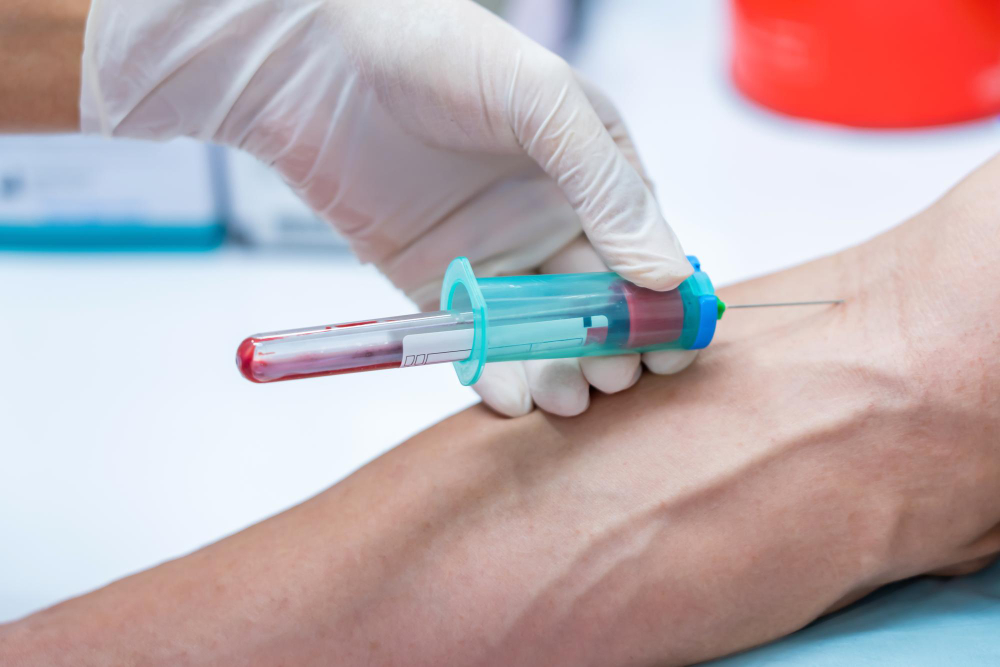What Is Gut Health?
Gut health means your digestive system is working well. It includes your stomach, intestines, and the helpful bacteria living there. When your gut is healthy, your body digests food better and absorbs nutrients. Also, a healthy gut supports your immune system. Many people want to know how to check gut health with blood tests. These tests can give important clues about your overall health.
Why Are Blood Tests Important for Gut Health?
Blood tests help doctors find problems in your gut. For example, they can show signs of infection, inflammation, or vitamin shortages. Because symptoms like stomach pain or tiredness can have many causes, blood tests for gut health help narrow down the reason. In addition, these tests can track how well treatments are working. So, blood markers for gut health are useful tools for both patients and doctors.
Common Blood Tests for Gut Health
Several blood tests can check your gut health. Each test looks for different signs in your blood. Below are some of the most common gut health blood tests:Complete Blood Count (CBC): This test checks your red and white blood cells. It can show if you have an infection or anemia, which sometimes links to gut problems.C-Reactive Protein (CRP): CRP is a marker for inflammation. High levels may mean your gut is inflamed, as seen in conditions like Crohn’s disease.Vitamin and Mineral Levels: Tests for vitamins like B12, D, and minerals such as iron can show if your gut is absorbing nutrients well. Low levels may point to gut issues.Inflammatory Markers: Besides CRP, tests like ESR (Erythrocyte Sedimentation Rate) can also show inflammation in your body, including the gut.
How to Prepare for a Gut Health Blood Test
Before your blood test, your doctor may give you special instructions. For example, you might need to fast for a few hours. Sometimes, you should avoid certain medicines or supplements. Always ask your healthcare provider what you need to do. This way, your results will be accurate. Also, drink water before your test unless told otherwise. Staying hydrated can make the blood draw easier.
Understanding Your Blood Test Results
After your test, your doctor will explain the results. Normal ranges can vary between labs. If a result is outside the normal range, it does not always mean you have a disease. For instance, a low vitamin level might mean you need to eat more of certain foods. On the other hand, high inflammation markers may need more tests. Therefore, always discuss your results with your doctor. They can help you understand what the numbers mean for your gut health.
Tips for Maintaining Good Gut Health
Keeping your gut healthy is important for your whole body. Here are some simple tips:Eat a variety of fruits, vegetables, and whole grains.Include foods with fiber, like beans and oats.Drink plenty of water every day.Limit processed foods and added sugars.Stay active with regular exercise.Manage stress through relaxation or hobbies.Take medicines only as prescribed by your doctor.
When to Consult a Doctor
If you have ongoing stomach pain, changes in bowel habits, or unexplained weight loss, see a doctor. Also, if your blood test results are not normal, your doctor can guide you on next steps. Early care can help prevent bigger problems. Remember, only a healthcare professional can give you advice that fits your needs.
For personalized advice on gut health and blood tests, consult a healthcare professional. They can help you understand your results and guide you to better health.


